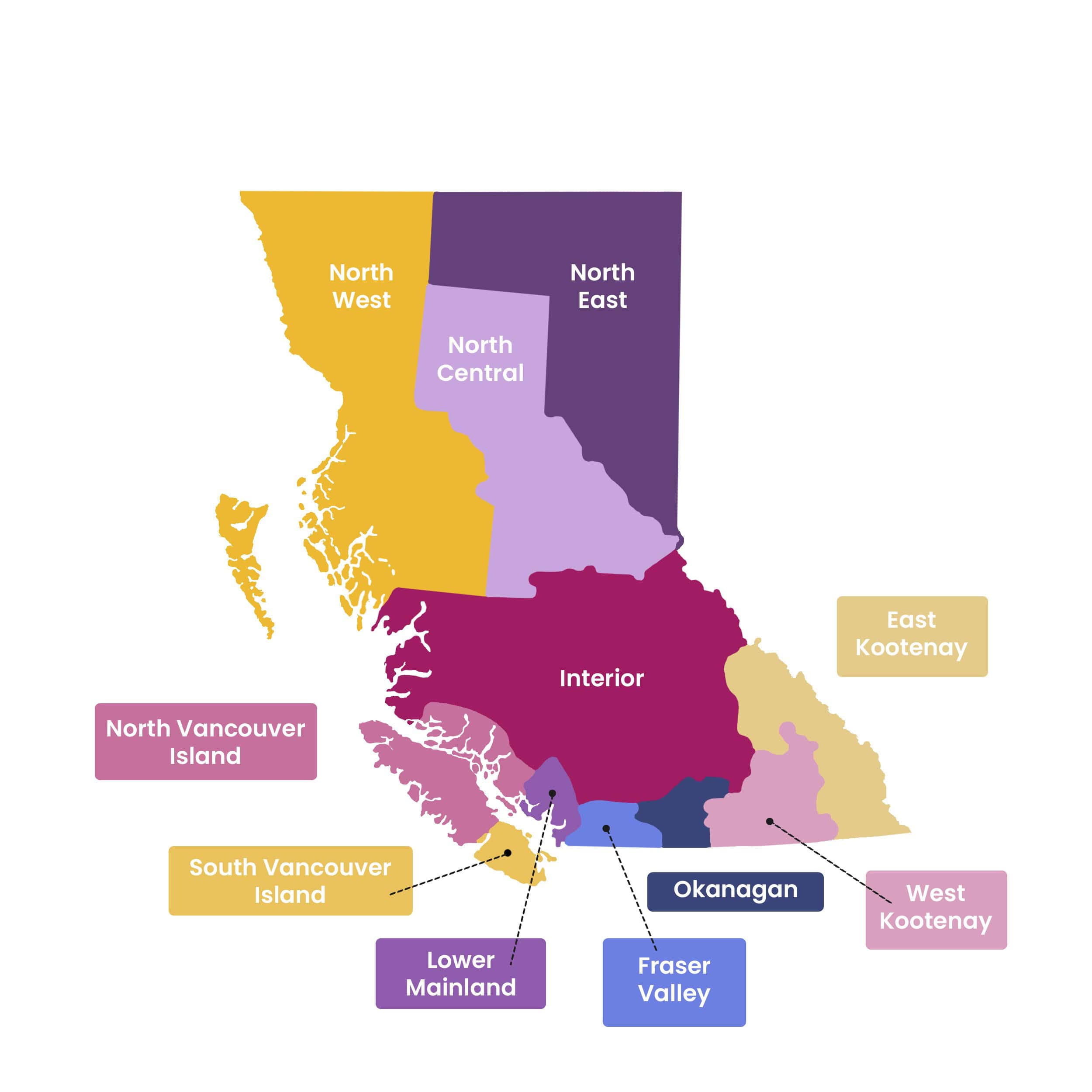With a grant from the Vancouver Foundation, the BC SPCA launched the Safekeepers Program in 2021 as a pilot project to explore how the organization could support people fleeing domestic violence by offering them longer-term, specialized support for their pets, including dogs, cats, rabbits and small animals.
Lidia Kemeny, Senior Director and Diane Waters, Outreach Specialist, of the BC SPCA spoke with EVA BC in October: “The pilot allowed us to ask questions: do we as an organization have the capacity and commitment to be in this work? What skills do staff need to lead this work?”
Safekeepers began its pilot in West Vancouver and it then expanded to include all of Metro Vancouver. This summer the BC SPCA launched another Safekeepers’ pilot in Vernon.
In September, the BC SPCA released its new five-year plan with a focus on supporting the province’s most vulnerable people and their pets. This aligns with the goal of Safekeepers and gives the green light to continue the program beyond the pilot.
Lidia explains, “We will continue to focus on providing this service to residents of Metro Vancouver and Vernon and will spend the next year exploring the possibilities for regional pilots for this work.”
Lidia is also pleased they were able to position Diane to lead the program going forward. “Diane has been doing incredible work in many areas including leading programs like Charlie’s Pet Food Bank in the Downtown Eastside of Vancouver.”
The Safekeepers Program was created to support survivors fleeing domestic violence. Survivors will often stay in abusive situations because they don’t want to leave pets behind; abusers may threaten to harm pets if a survivor leaves. Safekeepers offers foster care for several months to give survivors time to settle in a new home or community.
Safekeepers also provides training to fosters — this specialized training helps fosters be prepared to care for animals that may have been traumatized.
A strong need for Safekeepers
Since the pilot started, the Safekeepers Program was able to find homes for close to 50 pets and provide 1332 nights of foster care, with most stays requiring long term support. Initially, clients had to be referred through a case worker in the police department and in the first year Safekeepers only had one request where they were able to place a dog for 16 nights. In 2022, the program took 15 requests. In 2023 and 2024, the program saw a boom of requests with 133 in 2023, when they were able to assist 37 clients with 49 animals. Over the whole pilot, they received 200 requests. Successful foster placement may be limited arising from pets’ behavioural and medical concerns, and challenges finding fosters for larger dogs.
Feedback from survivors on the positive impact of the Safekeepers pilot has been powerful. Lidia shared Madison’s experience: “Madison had been in a violent situation for three years but was afraid to leave because of her beloved dog, Shadow. She heard about our program from her local vet who noticed signs of abuse in Madison and her dog. She brought Shadow to the Safekeepers Program where he stayed for five months, which is how long it took Madison to find pet-friendly housing. When she came back, it was such an emotional reunion because she never thought that the day would come when she would feel safe and would be able to resume life with Shadow. Madison shared that if she did not have this resource, she would have suffered serious mental health challenges.”
Lessons learned
The pilot identified a number of challenges and has been exploring solutions to support survivors and their pets including managing communications with clients in transition and transporting pets to and from care. In some cases, they provide taxi vouchers for clients, but they also support clients to be self-directed and identify local resources and supports. Another challenge they faced came up when trying to reunite an owner with their pet. Depending on circumstances for the survivors, like not being able to find pet-friendly housing, it wasn’t always possible for them to reunite.
“It’s hard for our team who obviously all strive to reunite pets with their humans,” said Lidia.
Diane explained the approach their staff use when having difficult conversations about a person’s pet. “We try to be open, flexible and kind and use trauma-informed, people-first language.”
The SPCA is now exploring how they can expand the Safekeepers Program. “We have an interest in trying to provide this service to more people and animals in BC,” Lidia said.
Their expansion into the Okanagan showed them how to adapt the program to rural communities. In Vernon, not only are there fewer animal community care centres than in the Lower Mainland, but they are farther apart and public transportation is less reliable. There is a city-run pound in Vernon, but the closest SPCA is in Kelowna or the Shuswap. Safekeepers responded to this challenge by asking some local vet offices to act as drop-off zones and to perform physical exams for pets.
The Vernon pilot is giving the BC SPCA a chance to test how to run the program in areas where there is no local animal care center, but they still wonder how Safekeepers will work in other regions. “What about where we have no presence, no staff?” Lidia said. “What would it look like to operate the program there?”
The Safekeepers Program is still looking for people to foster pets; the BC SPCA will provide everything they need to be fosters, including respite care. If you or someone you know would like to access the service, email safekeepers@spca.bc.ca or call 1-855-622-7722 and ask about the Safekeepers Program.


